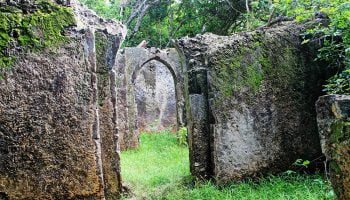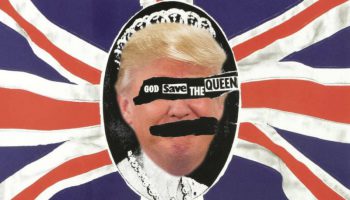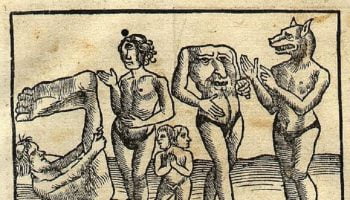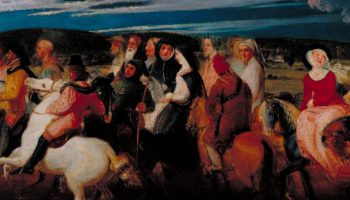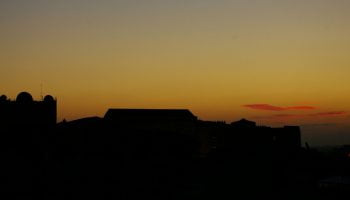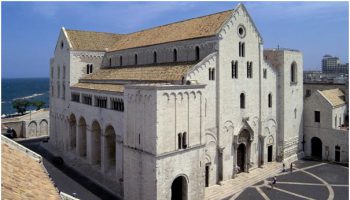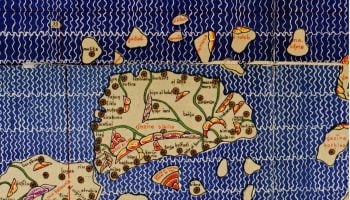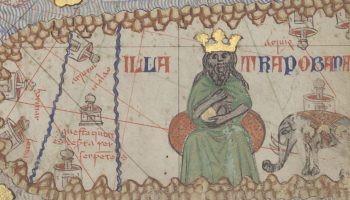During the Middle Ages, Africa wasn't in a "dark age"; it was linked to an emerging global world. Special interview with African Anthropologist Chapurukha Kusimba,…
Race, Class and Religion
Recovering a “Lost” Medieval Africa: Interview with Chapurukha Kusimba, part I
by
Paul B. Sturtevant
on
What does "British" mean? Who gets to call themselves "British"? This conflict has roots leading back to King Arthur, Merlin, and some of the earliest…
Monsters with no heads, grey aliens, and morphing babies can tell us a lot about medieval racism. Dr. Dark Age explains, in part XII of…
We have explored the vile effects of the "whites-only" Middle Ages, but how did the Middle Ages get linked with racism? Helen Young explores in…
Ibn Hamdis was one of the great poets of the Mediterranean: a Arab-Sicilian whose haunting, enchanting verses show the interconnectedness of the human experience.
When Christians and Muslims often lived side-by-side, their cultures and religions sometimes blended into one another, even in their houses of worship. Dr. Clare Vernon…
The greatest map possibly ever created was made by an Arab Muslim refugee working for a French-Norse king of Sicily on a giant silver disc…
A whites-only view of the Middle Ages needs a Europe-only Middle Ages to exist. Let's pull that apart, shall we? Part VII of our continuing…
Were medieval people racist? You might think the answer is a simple "yes!", but it's far more complicated than that. Part VI in our series…
